How Australian authors are making 2024 the year of the older woman
Books about middle-aged and older women have long been ignored by the publishing industry, but these Australian female authors have flipped the script and readers are loving it.
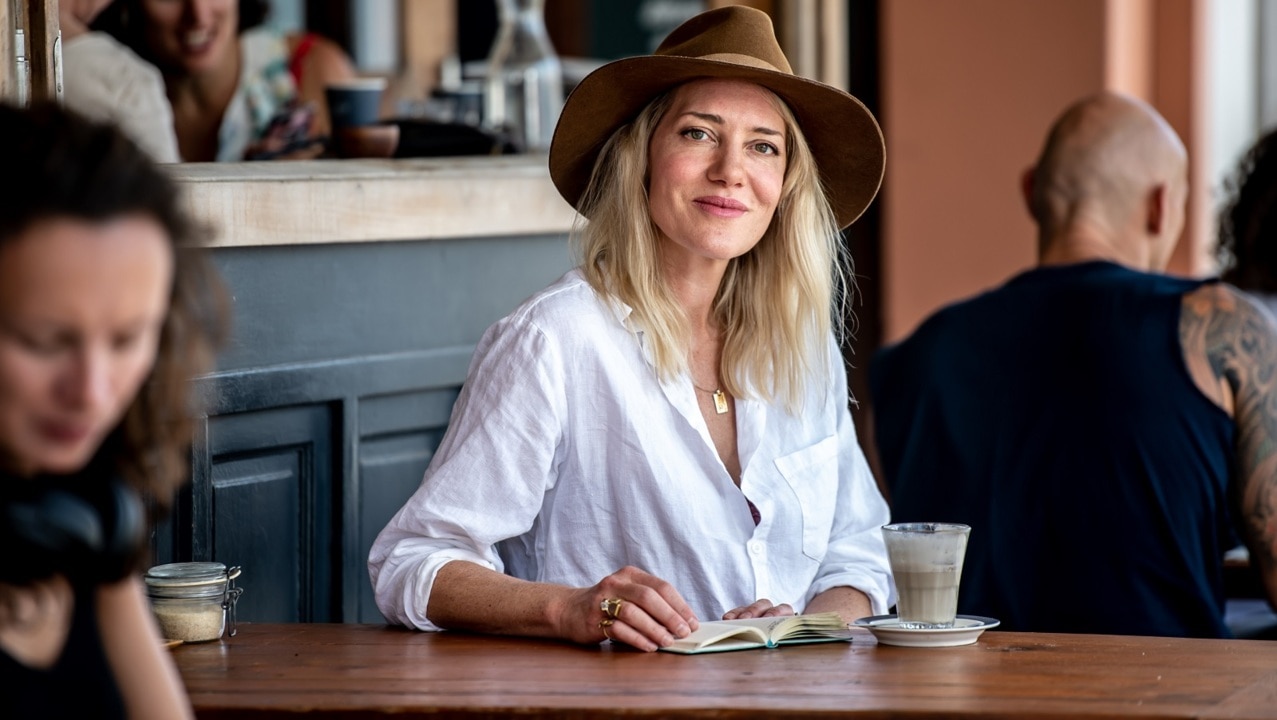
SA Weekend
Don't miss out on the headlines from SA Weekend. Followed categories will be added to My News.
In her mid-40s Jane Tara thought life as she knew it was all but over. The mother of two was misdiagnosed with a rare eye disease called retinitis pigmentosa and told her sight would be completely lost over time.
As she waited three long months for further testing, an amazing thing happened.
“I started looking at myself in the mirror and wondering what it would be like if I wasn’t able to see myself age, or my body change,” Tara, now 55, says.
“And it was like my perception changed overnight. I noticed how critical I was of myself and being visible, in the wider sense, became so important.”
Her insight (no pun intended) led to her new book, Tilda Is Visible, about a woman in her early 50s who wakes up one morning to find her pinky finger has disappeared. Tilda is diagnosed with invisibility. As she learns how to live with her condition, and as more body parts disappear, she realises the world is full with women her age and older suffering the same condition. At a support group she attends, a woman has disappeared altogether.
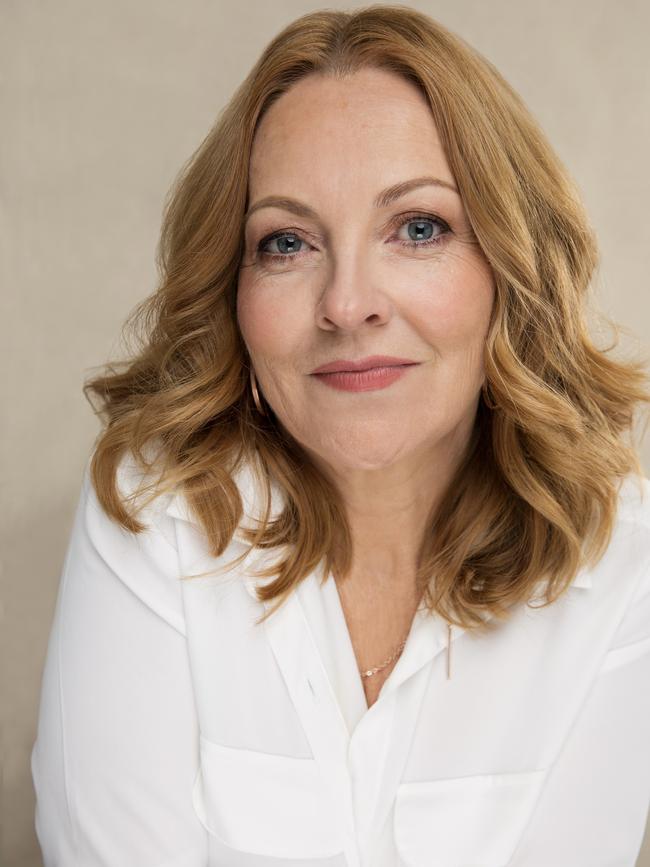

In a beautifully warm and uplifting way, the book is a critique of society and how we treat women as they age. Tara is part of a growing publishing trend flipping the way older women are portrayed.
It would appear 2024 will be the year of the older woman.
It’s a nice change from the usual fictional roles which saw women of a certain age portrayed as being lonely and fragile – we’re looking at you Miss Havisham – or crazed and vicious – hello Mrs Danvers!
In February, Trish Bolton launched her debut, Whenever You’re Ready, about a group of lifelong friends in their 60s and 70s navigating the aftermath of a friend’s death.
In March, Kathy Lette released her latest novel, The Revenge Club, about four friends who fight back after they are deemed past their use-by date.
This month, Audrey’s Gone AWOL by Annie de Monchaux is released, a book about a woman in her 60s who discovers late-in-life joy.
And in May, Suddenly Single at Sixty by Jo Peck is out, a hilariously uplifting memoir about what happens when your marriage suddenly ends.
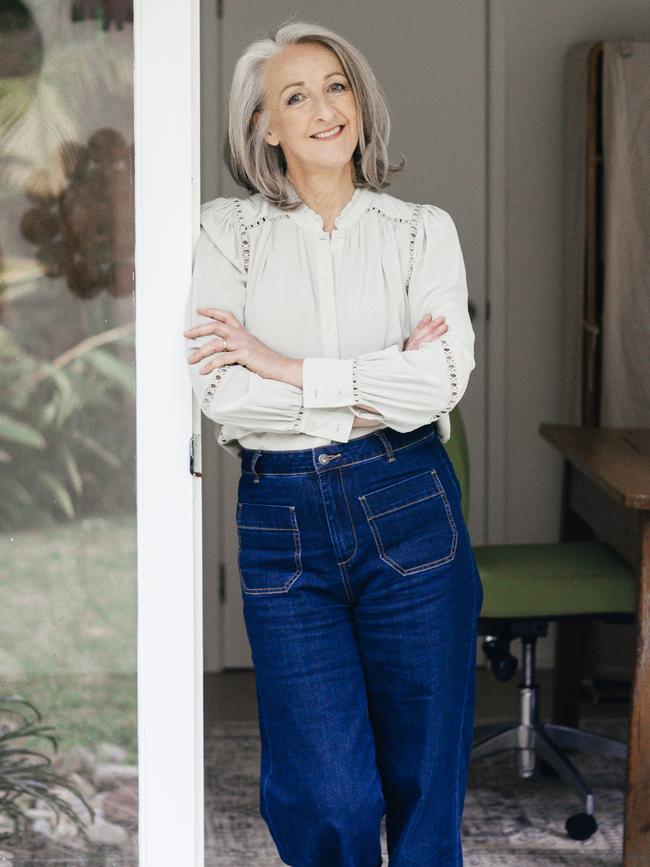
These books join a growing sector of commercial fiction, kicked off pre-pandemic by Aussie trailblazers like Joanna Nell, Lisa Ireland and Lette, who was once the queen of chick lit but now claims to write I-don’t-give-a-shit lit.
Giving it all a great push-along are the hugely popular books in the Thursday Murder Club series by UK presenter-turned-author, Richard Osman, whose plucky retirement village protagonists, Elizabeth and Joyce, solve murders by playing up their fragile older states, when they’re anything but.
Australian author, Amanda Hampson, found success with similar older female sleuths, Hazel, Betty and Irene, in her 2023 book, The Tea Ladies, which spent 12 consecutive weeks in the Australian Fiction Top 10. The ladies return in The Cryptic Clue, out next month.
Kelly Doust of Affirm Press, who published Tilda Is Visible, says we are entering an age of “female empowerment”, at least in the world of publishing.
“Tilda is the cleverest book in this space out there; it’s very much of this moment,” Doust says. “I have been pitched quite a few books in this space lately. Literature is littered with older characters who are past their prime and bitter. But Tilda is typical of a new wave of character who has real agency.”
Hachette publisher, Fiona Hazard, says it’s not just that older females are front and centre in these books, but that they’re finally being portrayed differently.
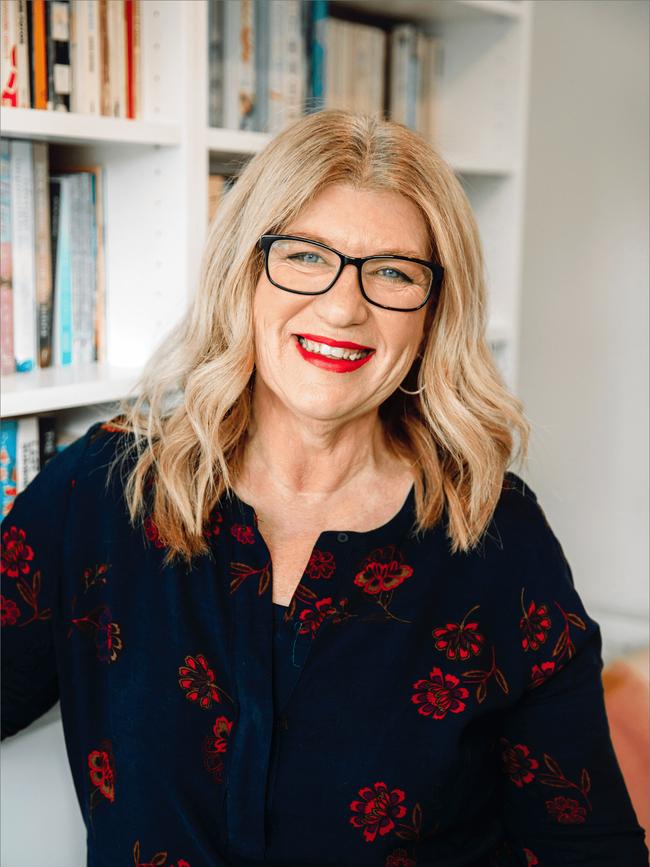
“These women are doing fun things and going on adventures not just being safe or cosy,” she says. “I think readers have moved on from only reading books where an older woman is looking back on her life or sharing her wisdom, to ones where women are taking centre stage and living life on their own terms.”
At the forefront of the movement in Australia is Joanna Nell, whose 2017 debut, The Single Ladies of Jacaranda Retirement Village, sparked a bidding war. She tells a story about how one of her early manuscripts which featured a 40-year-old woman was rejected and still lives in the bottom drawer at her Northern Beaches home. But a decades-older character from that book was reprised in another, later, novel. “It’s funny to me that the 40-year-old protagonist is still hiding away in the drawer but that older character has escaped to live in another, published book,” says 57-year-old Nell from her home where she is recuperating after “having a fall” rather than the much-younger version – she points out – of just falling down.
“I think with Single Ladies, I hit the beginning of a zeitgeist change in attitudes. When you think about it, what an extraordinary untapped market older women are – females aged 45-plus are the biggest readers and they have another 40-odd years left of reading ahead of them. They want to see themselves reflected in the stories they read.”
But, until recently, they haven’t been.
A 2019 survey by Gransnet – the biggest online community for over 50s – and Harper Collins imprint, Harlequin, found 51 per cent of readers felt fictional older women fell into clichéd roles – baffled by technology and uninterested in sex.
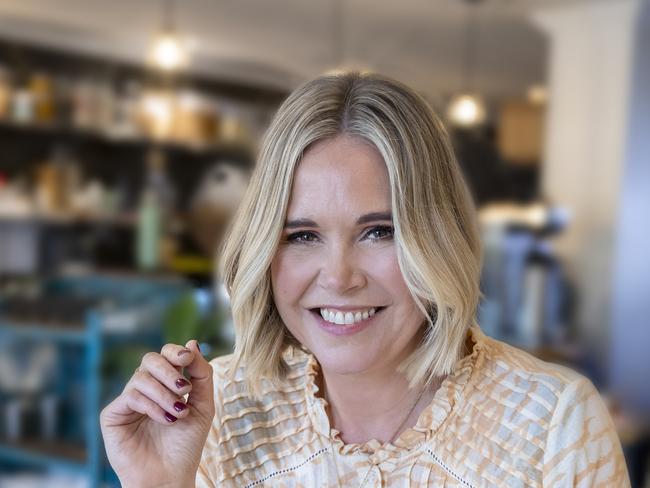
Gippsland, Victoria, author Lisa Ireland fell into writing about older women quite by accident. She read a story in an Australian newspaper about an older couple who escaped from their nursing home and The Secret Life of Shirley Sullivan was born. She realised she enjoyed writing about plucky older women and last year released The One and Only Dolly Jamieson about a 78-year-old homeless woman, followed by The Studio Girls, out this month, about four women in their 60s who reflect on their lives in Hollywood.
“What I really wanted to do with those books is challenge stereotypes,” Ireland, 57, says. “They’re rarely seen as the protagonist and hardly ever as the villain or lover.
“I feel that is changing, particularly in the last four to five years.”
Debut Sydney author, Maxine Fawcett, wrote Everything is Perfect, released in February, because at almost 50, she had stopped relating to the books featuring 20 and 30-something women. She and her girlfriends were talking about perimenopause and midlife invisibility, but nobody was writing about it.
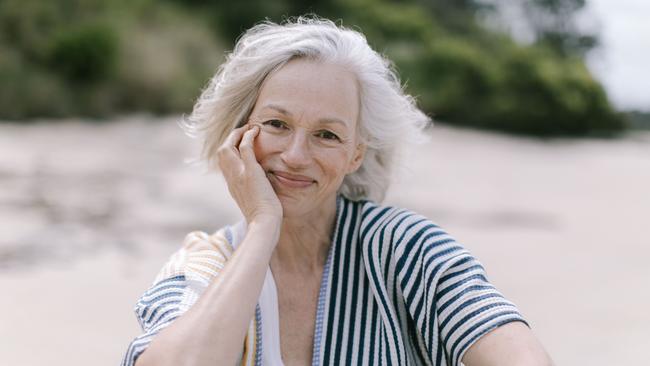
“Cassie has this simmering rage that she’s starting to lose the male gaze, which she has always enjoyed, and being looked over for the 20-something in the gym,” Fawcett says of her protagonist. “It’s the beginning of her fury at having to accept she’s ageing. And she has all these symptoms that she doesn’t know how to acknowledge, like severe headaches, and her anxiety is peaking.
“It’s a subtle nod to perimenopause, and so many of my friends who read the book asked me if I was writing about them. Finally they felt seen.” And it’s not just happening in publishing.
Positive ageing influencer Jane McCann says social media is changing the landscape for older women. “Seven years ago on Instagram, you wouldn’t see terms like positive ageing, it was all about fighting fine lines and combating the signs of ageing,” says the 57-year-old known to her 85,000 followers at TheMiddleAgedGoddess.
“Those terms were like military speak – fighting and combating – and I’m not at war with my body.
“Thankfully, that is changing. I’m the age now that my sister was when she died of cancer, and I realise that if you get to my age, it’s a privilege.”
More Coverage
Originally published as How Australian authors are making 2024 the year of the older woman





